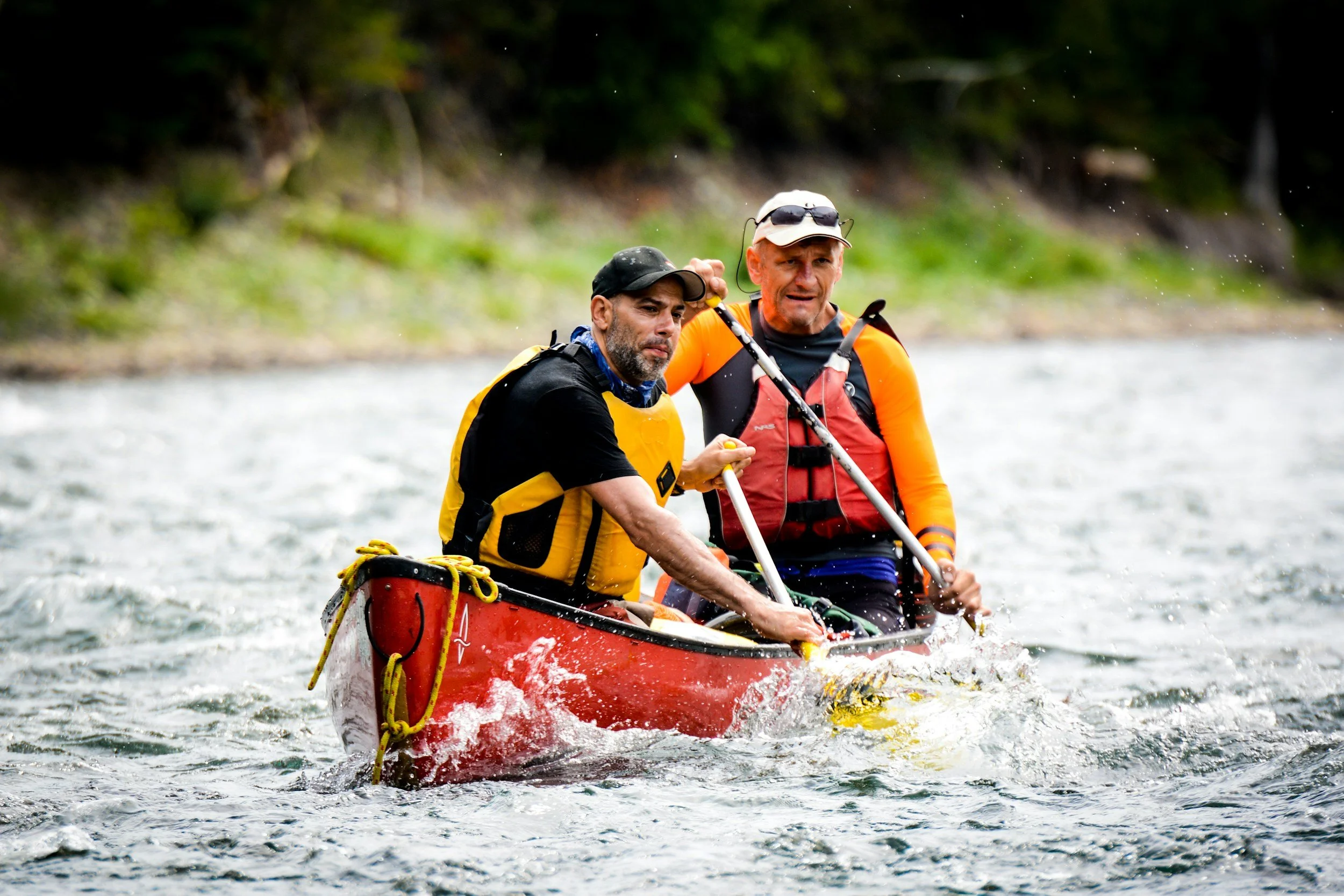Reclaiming Gentleness in a Demanding World
I’m feeling deeply grateful after attending the Occupational Therapy Australia conference in Adelaide a few weeks ago. What a privilege it was to be part of this vibrant event, surrounded by over 1400 passionate and thoughtful occupational therapists from across the country. The theme of Connect and Collaborate was brought to life through inspiring keynotes, insightful conversations, and generous sharing - from both within and beyond the profession.
I am lucky to belong to a professional community that is committed, reflective, evidence-based and values-driven. Despite the real strain many face working as an allied health professional, I came away energised by the creativity, integrity and innovation I saw in so many colleagues.
Preparing for my own contributions - a workshop on transforming supervision and a panel discussion on self-care and sustainable wellbeing - was a full plate, but it was an honour to contribute to the broader conversation.
What stayed with me most after the conference was over was the gentle tone in the room. There was a palpable kindness and generosity that I felt deeply throughout the 3-day event that caused me to reflect on some of the questions below:
In a system that often feels harsh, how do we continue to lead with gentleness?
What impact does being gentle and kind have on your nervous system and capacity to function optimally?
How can we continue to foster gentleness and kindness, despite the environment of our systems and funding that can be more brutal than gentle?
How do we stay agile and set clear boundaries to protect ourselves as needed?
Below are some strategies that may assist you
Build Psychological Safety in Every Interaction
Psychological safety isn’t just a leadership responsibility, it’s everyone’s. When we foster trust and openness in our day-to-day conversations, we create environments where people feel safe to be themselves. This reduces defensiveness and blame, and invites more curiosity, reflection and generosity.
Prioritise Reflective Practice, Not Reactive Practice
Stressful systems can push people into ‘fix-it’ mode. But reflective practice, that is supported through quality supervision or self-leadership, helps us respond with compassion rather than reactivity. Reflection slows down the nervous system, making kindness more accessible.
Model Self-Awareness and Self-Leadership
Kindness to others often starts with kindness to ourselves. When we develop self-awareness and emotional intelligence, we become better at regulating frustration, catching our tone, and choosing a response that aligns with our own values - even under pressure.
Catch and Interrupt Toxicity
Incivility, gossip, sarcasm, and blame can become contagious. Interrupting these patterns - by gently calling them out or choosing not to participate - can shift team dynamics.
A commitment to civility and compassion needs to be intentional and modelled across all areas of any workplace.
Replenish Your Own Energy Tanks
Generosity is hard when your emotional energy is depleted. That’s why protecting emotional energy through boundaries, recovery time, and regular wellbeing practices is not optional. Supervision, peer connection, support networks and rituals of recovery e.g. a walk after work, music in the car, or quiet time with a book all contribute to replenishment.
Also remember declining extra responsibilities when your plate is full is not selfish; it is how you preserve your ability to show up well for others.





How can we create the optimal conditions where learning can shine just as naturally when safety, openness, and shared purpose meet?